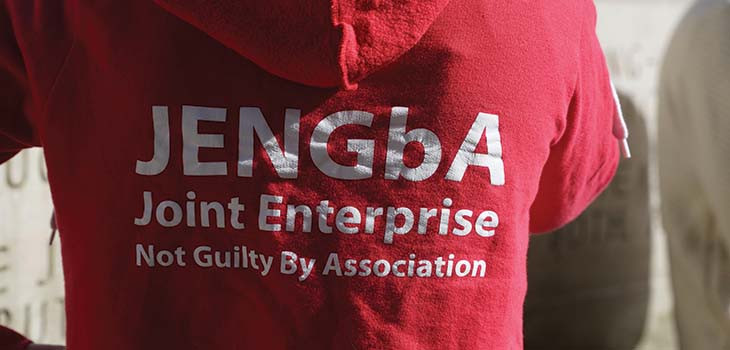
It has been six years since the highest court in the land ruled that the controversial law of joint enterprise had taken ‘a wrong turn’ in 1984. That anniversary was marked earlier this year with a demonstration outside of the Supreme Court by the campaign group Joint Enterprise Not Guilty by Association (JENGbA), dressed, as ever, in bright red. Families of those with loved ones convicted under the controversial common law doctrine hoped ‘justice’ would follow the 2016 ruling in the case of R v Jogee [2016] UKSC 8. By contrast, tabloid newspapers worked themselves up into a froth of righteous outrage, with the Daily Mail predicting that ‘more than 500 killers could seek to have their sentences quashed’.
Back in 2016, Lord Neuberger declared it ‘the responsibility of this court to put the law right’. That ruling was seen as a landmark judgment, with the Criminal Bar Association









